Where can I find a professional to remove mold from a basement?
How can we hire the right expert to tell us how to remediate our cold and damp basement that has developed a mold problem? Dehumidifier, air exchanger, or more heat. We don't want to make the wrong and expensive choice! Is there a professional designation to look for?








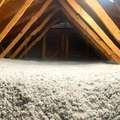
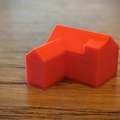



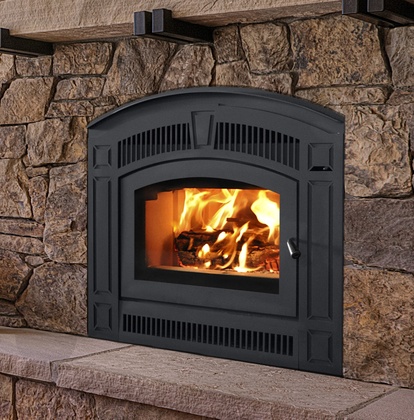

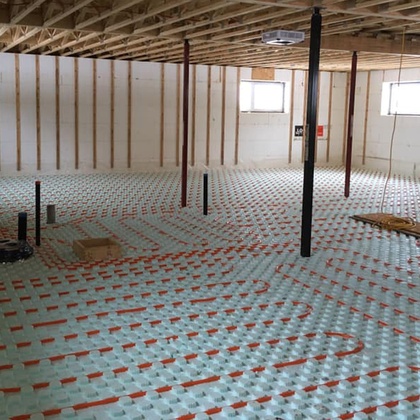
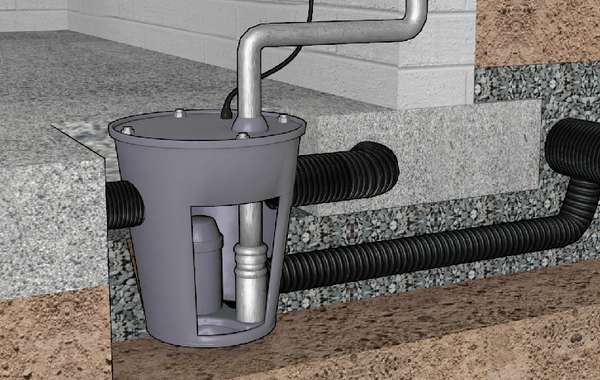
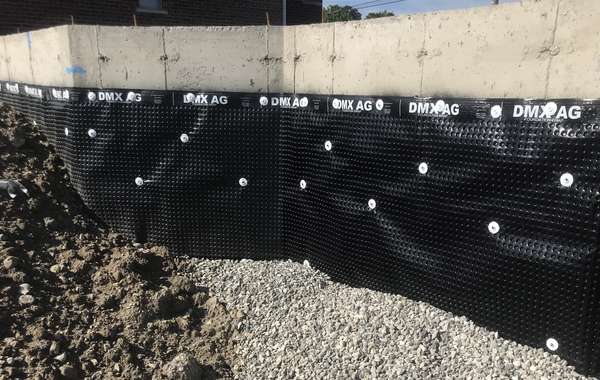
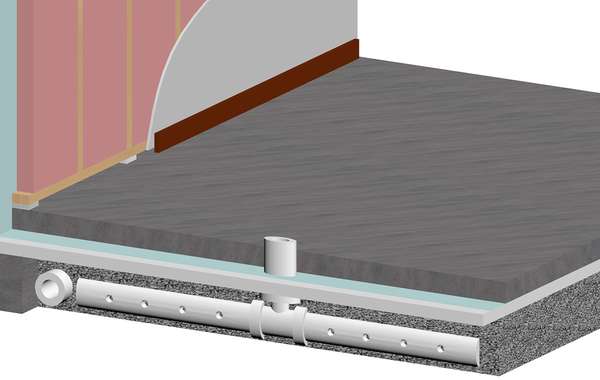
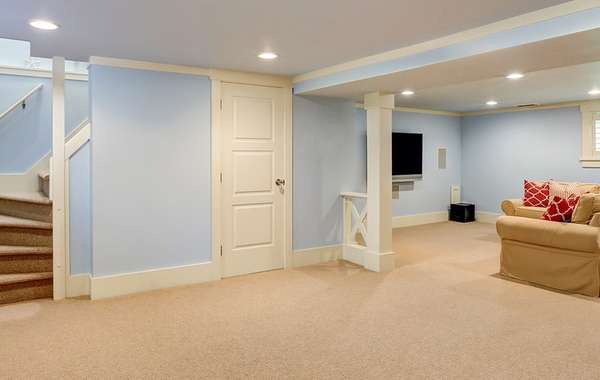
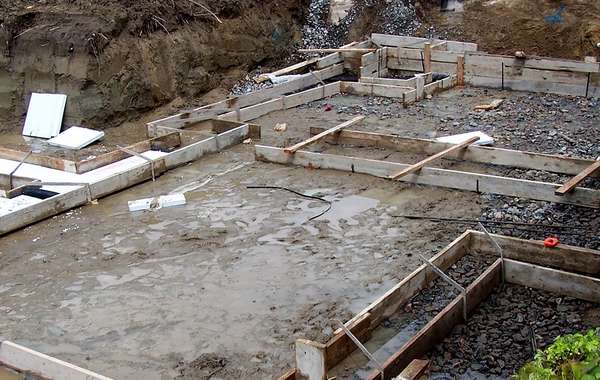
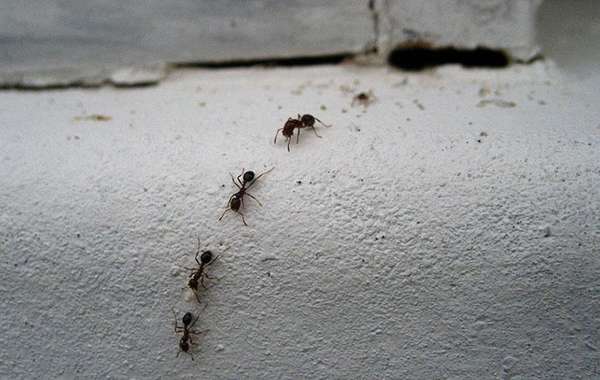
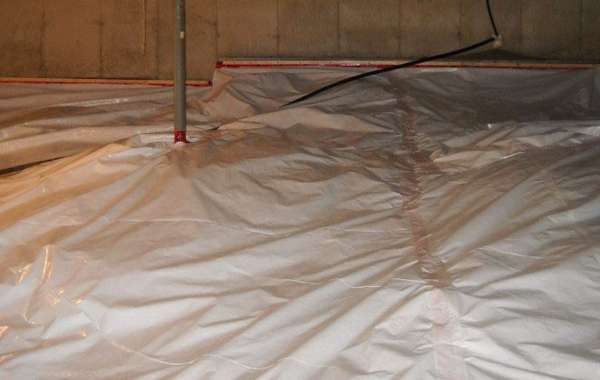
Remediating a mold problem in a basement first starts with removing any rotten or moldy materials such as framing lumber and insulation. Fiberglass insulation that has been wetted and developed mold is unsalvageable, but wood framed walls is really a judgement call on a case-by-case basis. The easiest way to deal with a minor mold situation is with a spray of either hydrogen peroxide or vinegar. Both are quite effective at killing most species of mold, including black mold.
Whether or not you do this yourself is a judgement call because there is a health risk with it. If the mold is extensive or if you are heavily affected by mold, I would not risk it but rather enlist professionals to do it. So there are two places we would first direct you – first to this page about identifying the characteristics of what we would call a ‘reputable’ building professional :
Tips for Finding a Reliable Green Home Builder
That should help you find someone in your area to help with the mold removal, but use that same vetting process for finding a contractor to carry out the work to rebuild. To that end, we would also suggest you arm yourself with knowledge on why basements go moldy in the first place because it is entirely likely that anyone you hire to redo any insulating and finishing will simply redo it in exactly the same way it was before, which will put you at risk of the same problem in the future.
The unfortunate reality is that most building codes force builders into basement building practices that lead to the very problem you are experiencing, and the biggest problem is the inclusion of a vapor barrier on the interior of walls that traps moisture and leads to mold and rot. You simply should not ever put wood and insulation against a below grade foundation wall and seal it up with a vapor barrier, that is nothing but an invitation for mold to return. So read this page as well and be sure to pick a builder that understands this, or at least respects your wishes enough to carry it out the right way.
Why are Basements Moldy? How to Fix & Prevent Mold in Homes
After you look overt those pages let us know if you need any further guidance. Good luck!
I think my question got edited, as I was asking for help finding an indoor environmental air specialist-- maybe a P. Eng. The basement involved is 10 years old, unfinshed, and surrounded by heavy groundwater. The humidy down there is always over 60% and temps around 15 degrees C in the winter. So it's damp and cold, and now our remediation specialist (we have a great mold guy) has found mold growing on the wood floor joists in the ceiling area. But before we go through the expensive process of mold removal and deep cleaning, we need to get the basement much drier and don't know if that's going to be with a dehumidifier, an air exchange system or auxilary eating-- or all three. Are there consultants that specialize in designing the right system for this job?
Sorry if I misunderstood. we do modify it to keep it in question form if it isn't when it comes in, we do our best to clarify but it isn't always perfect. I don't know that a consultant is the right person, or that you would even find an indoor air quality specialist.
It sounds to me like you need to simply dry out your basement, remove the mold and re-insulate in a way that it won't happen again. Is that correct?
The steps I would personally take are as follows:
Remove any moldy materials, have someone deal with any mold on materials that can't be removed, dry the basement out and prevent moisture and water infiltration in the future, and re-insulate and possibly finish the basement. If so, we can help you at least make the right decisions. And since you've got a mold specialist already it seems at this point you are at the stage of preventing water infiltration, so I'll pitch you some ideas and corresponding pages to read and see what resonates for you. The main point being, either you need to find someone you completely trust so you can wash your hands of the whole thing and just let them solve it, or you need to understand it yourself so you can make sure who you hire does it properly.
Either way, I think your first step after hiring someone to remove the mold is hiring a contractor that specializes in basements and repairs, and here are some options to stop water from entering and keep it dry-
Excavate the exterior, put a waterproof membrane on the foundation along with a french drain at the bottom that drains safely away from the house if there isn't already one.
Or on the interior : if excavating the outside is out of the question, then remove about a foot of concrete around the insde of the perimeter wall, dig it deep enough that you can put a french drain in that drains to a sump pump or municipal sewer, put a waterproof membrane on the wall that ensures and water or moisture will not saturate wood framed walls and will drain into the new french drain you just installed, then build you basement walls knowing they are protected.
See this page on sump pumps and how to prevent basements from flooding, much of what you need to know are in there.
And see this page on how to finish basements properly, notice the diagram in there with walls raised on small foam blocks, and note the location of the 'vapor barrier', which is behind the wood not in front of it. Concrete is wet, so putting wood against it and them plastic is a crazy pratice that should never happen unless you're trying to grow mushrooms in your walls.
The point of all this being - I think you are on the right track and don't need to go find an 'all-in-one' engineer or air quality specialist. You have one person to deal with mold, now you need a reputable and quality general contractor to do the rest of the work. if the mold is removed and the basement is dried out and you rebuild in a manner that addresses your specific issue, it should be fine.
things I would need to know to help more would be -
Where you are located, if you are rural or on a city sewer system, if the basement has ever flooded and how often, if the walls were insulated and if you plan to insulate them, if there is an exterior membrane already, a french drain, and if there is a sump pump.
if you prevent moisture from entering with a membrane on the concrete and you have drains and pumps to deal with any bulk water, AND you have a dehumidifier sized properly for the space you need it to service, I think it will work out fine.
The most important thing to NOT do, is frame a wood wall with insulation against the concrete and seal it all up with a vapor barrier. That will only invite more mold. So don't let a contractor put a vapor barrier right behind the drywall if that is how you are finishing it.